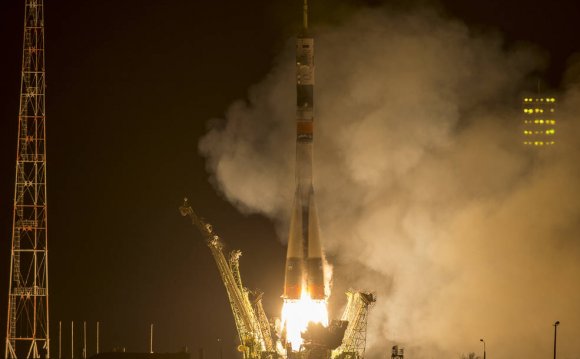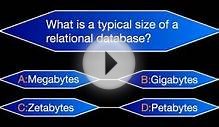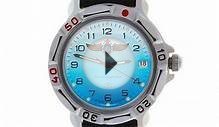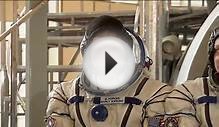
So what skills and qualifications do you need to become an astronaut? Growing up, I often heard the answer “perfect vision and a physics degree”. While this response is slightly simplistic, it’s not far off the mark.
Peake, who sets off on his space mission at 11.03am GMT on 15 December, had logged more than 3, 000 hours of flight time as an army pilot, and supplemented the experience with an academic degree in flight dynamics and evaluation from the University of Portsmouth.
Like Peake, most aspiring astronauts with piloting experience and qualifications also have a university degree in natural sciences, medicine, engineering, information technology or mathematics.
For those without the prerequisite minimum flight time, the academic credentials are more rigorous; candidates will preferably have a doctorate in physics, biology, chemistry, earth sciences, medicine, engineering, IT or maths. Even at this academic level, operational experience is still recommended.
Esa says: “It is a strong asset, but not mandatory, to have studied aeronautics and astronautics. Above all, no matter what you have studied, you should be good at it.”
As for the medical tests, astronauts must have a clean bill of health, which does in fact include perfect vision, although this may be the result of correctional contact lenses.
RELATED VIDEO












